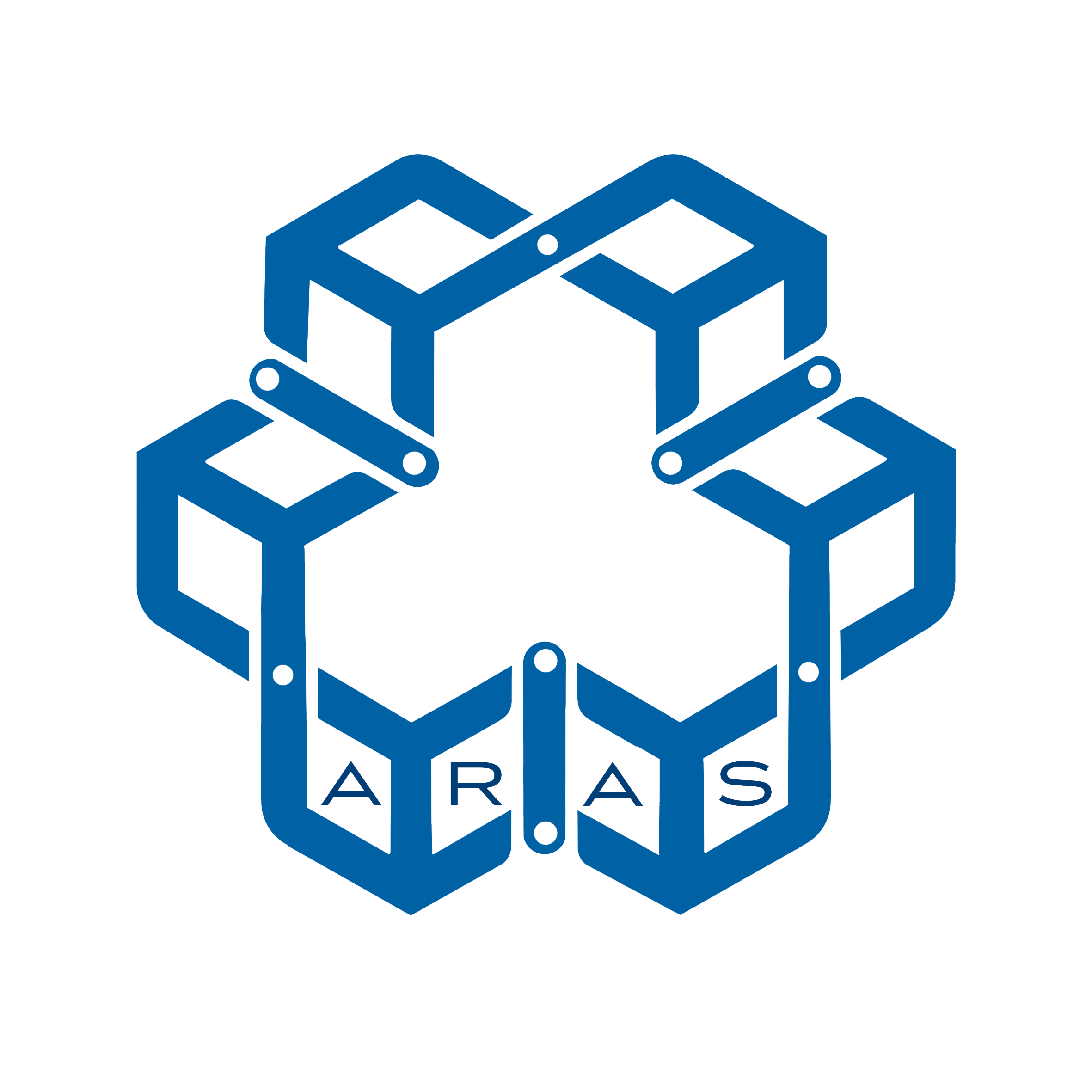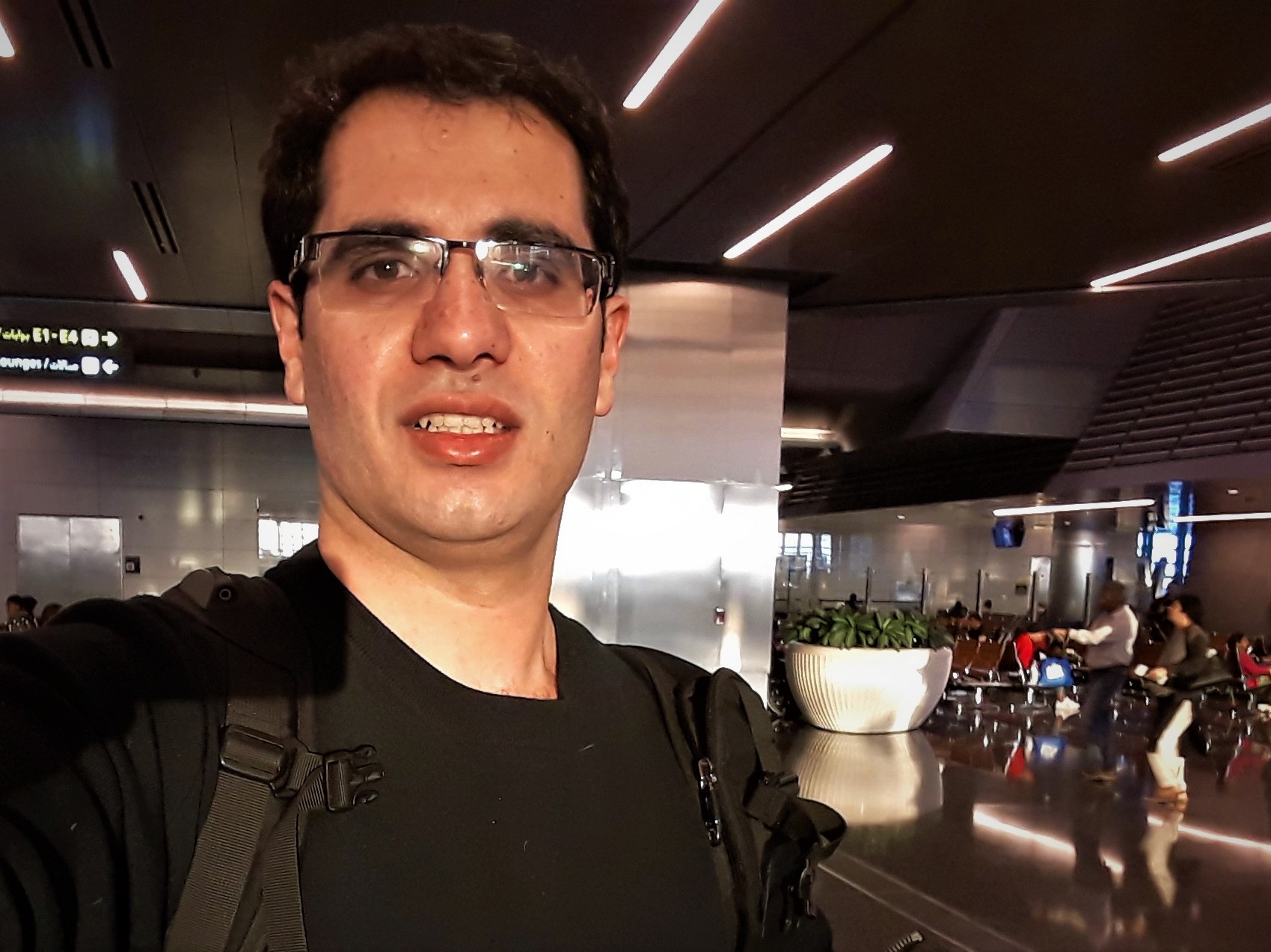In the majority of exploration approaches, the environment is considered completely unknown and a robot explores the whole environment by using a local decision making such as frontier-based exploration. On the other hand, only a few approaches take the environment’s background information into account for their decision making. For example, considering a building after an earthquake in which we need to have exploration for finding wounds. In this case, there is usually the initial layout of the building from which we could take a benefit for exploration planning. However, the presence of uncertainty in the real world experience makes the exploration robotics problem very challenging and complicating, and we need to take this uncertainty into account for having a reliable planning. Planning in the belief space in its general form is modeled as a Partially-Observable Markov Decision Process (POMDP) problem. Unfortunately, the exact solution of this problem over continuous space is computationally intractable. Although there are some methods which approximate the solution they are limited to small domain and short horizon.
In my thesis, I have proposed an innovative algorithm in which a global motion planning and a local motion planning have been combined together in belief space to have more effective exploration both in time and travelled distance. In order to obtain a reliable global planning under uncertainty in continuous belief space, I have used a new graph-based multi-query approach called FIRM (Feedback-based Information RoadMap) proposed by Dr. Aghamohammadi, who was a member of ARAS lab, a new framework for approximating the solution of the intractable POMDP problem. Then, I have combined the global motion planning with a local exploration algorithm (the histogram based frontier exploration) in an innovative way and implemented it in Webots robotic simulator. The simulation results shows that the proposed algorithm allow us to have more efficient exploration both in time and traveled distance. I am currently working on implementing my proposed algorithm in melon, a physical mobile robot in ARAS lab, for evaluating the applicability and performance of the proposed algorithm in real world experiences. Owing to my thesis I have been well versed in SLAM, Motion Planning especially in belief space, as well as various Exploration and Mapping Algorithms. During this project, I gained deep understanding in LQG, DFL (Dynamic Feedback Linearization) and EKF. I also used OpenCv and a Camera for Perception as well as LIDAR and Occupancy Grid Mapping algorithm for Mapping.
After graduation, my passion for studying, researching and working in the areas related to Robotics and Control has even increased. In addition to Robotics, Control and Decision Making, I am very interested in applications of Machine Learning. In fact, one of my greatest desires is to use AI and machine learning methods like deep learning and reinforcement learning in daily life problems as well as Robotics application like perception, image processing, object detection & tracking, motion planning, mapping and control. I am also interested in topics related to multi agent and have participated in several workshops in cooperative control of multi vehicles.

